
A worker examines auto parts produced at German component maker Schaeffler's plant in Suzhou, Jiangsu province. [HUA XUEGEN/FOR CHINA DAILY]
Germany and other Eurozone economies face a growing energy crisis and high inflation. In the 19-member Eurozone, inflation reached 10.6 percent in October, including a 10.4 percent record high in Germany. On Monday, European Central Bank President Christine Lagarde warned that inflation had not yet peaked.
Haakma, from the EU-China Business Association, said China and Germany, and China and the EU, can increase cooperation in areas such as climate change, food security, food safety, water management, flood control, electric cars and pharmaceuticals.
Lai, from Guangdong University of Foreign Studies, believes that China's continuous urbanization, its growing middle-class population, and the government's commitment to a green transition offer great opportunities for the China-EU economic partnership. But she said cooperation on technology and infrastructure is likely to be further complicated by global geopolitics.
Ding, from Fudan University, believes that all sides understand that economic and trade ties are mutually beneficial and that they should discuss their differences at the negotiating table, including the China-EU Comprehensive Agreement on Investment, or CAI.
"CAI should be pushed forward, as it addresses a lot of bilateral trade and investment issues," he said.
China and the EU concluded their talks on CAI at the end of 2020, but the ratification process has been halted by the European Parliament due to tit-for-tat sanctions between the two sides.

Heart surgery is performed in Bo'ao, Hainan province, with help from a medical robot made by German conglomerate Siemens. [Photo/China Daily]
"You can't solve these issues by freezing CAI," Ding said.
He added that the 20th National Congress of the CPC sent a clear signal to Europe and the rest of the world that China will continue its reform and opening-up.
David Dollar, a senior fellow for foreign policy, global economy and development at the Brookings Institution, said "there was a fair amount of material about continuing to open up the economy" in Xi's report at the start of the 20th National Congress.
"I give Xi Jinping credit for making some important moves in terms of opening up the economy over the last 10 years," he said, citing the fact that China joined the Regional Comprehensive Economic Partnership, negotiated CAI with the EU, and applied to join the Comprehensive and Progressive Agreement for Trans-Pacific Partnership.
"So, in terms of their actual external policymaking, I would say things accelerated — liberalization accelerated to some extent under Xi Jinping," said Dollar, a former World Bank country director for China and former U.S. Treasury emissary in Beijing.








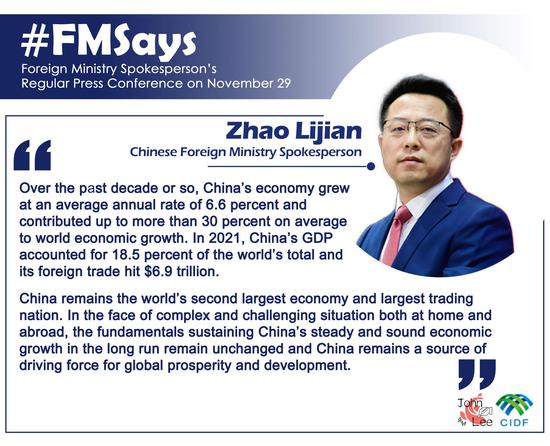
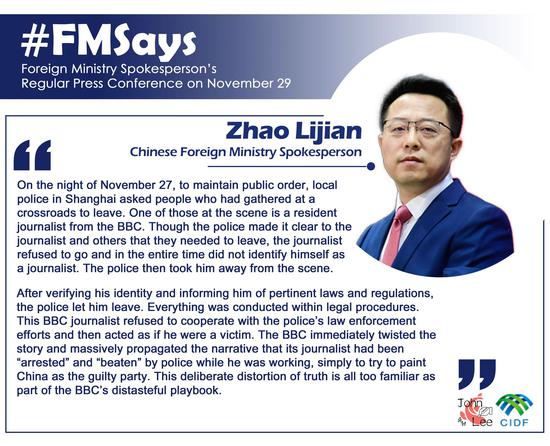
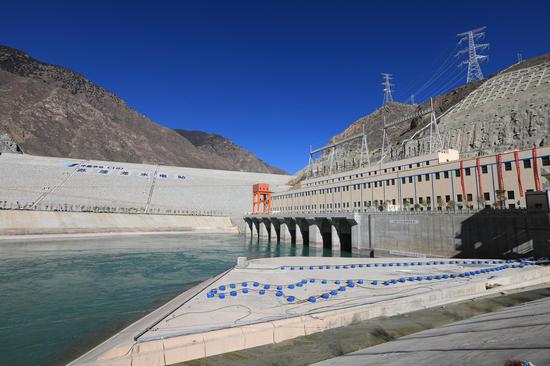
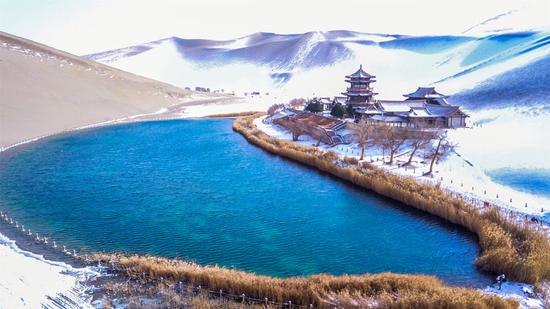

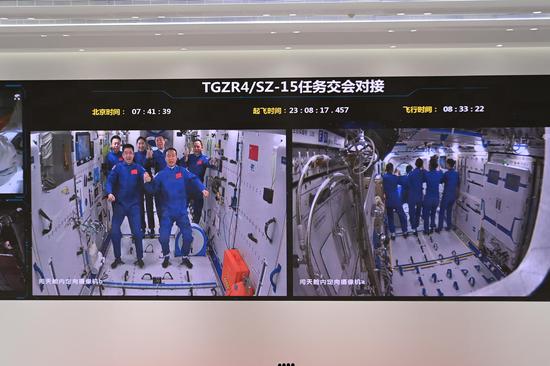
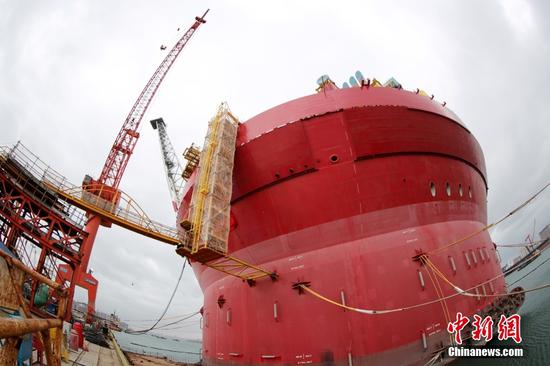
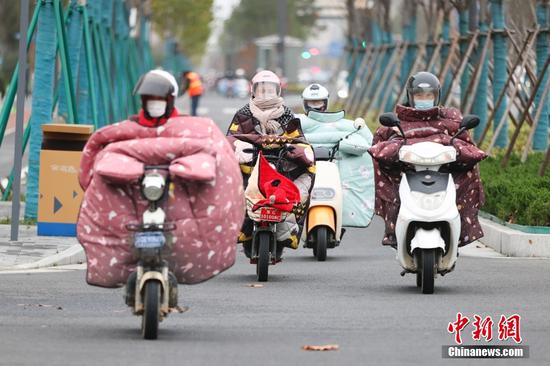

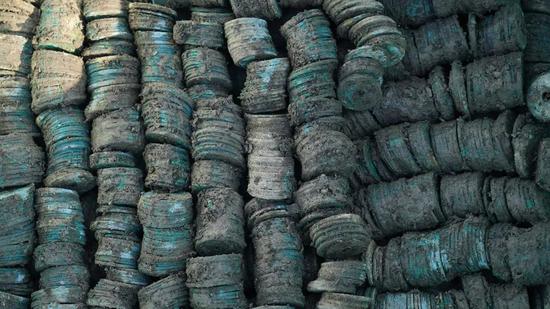

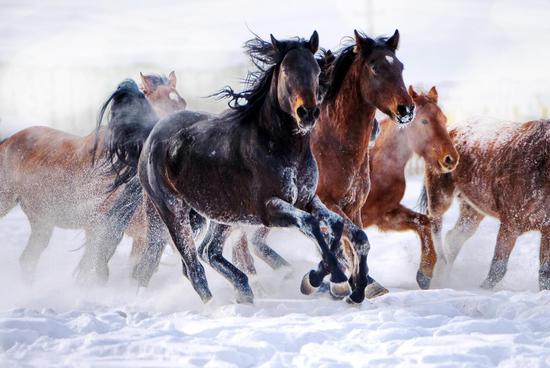


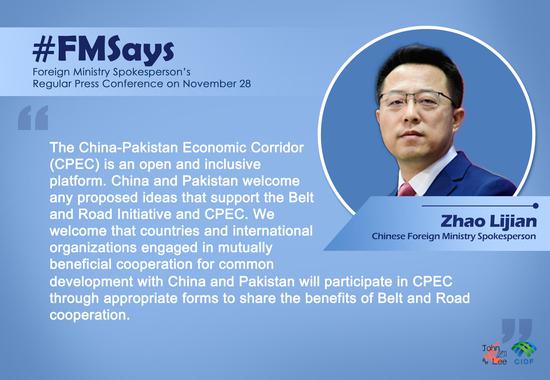
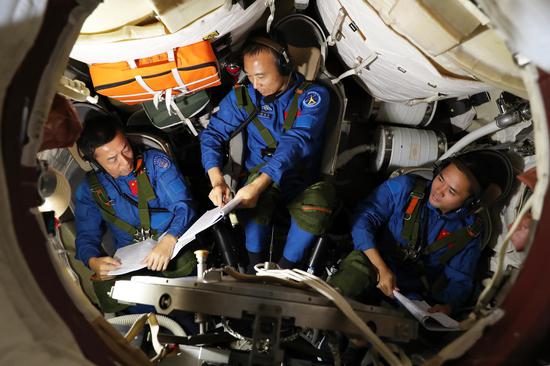
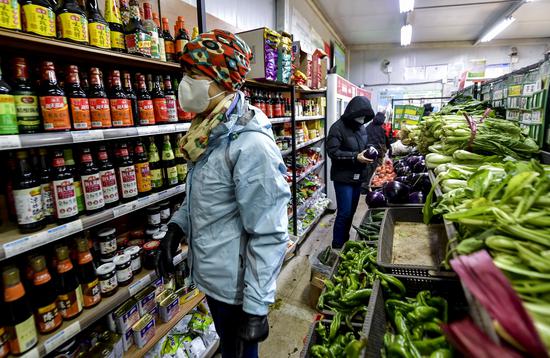

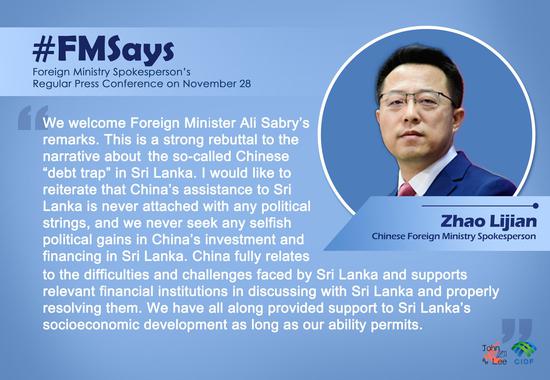
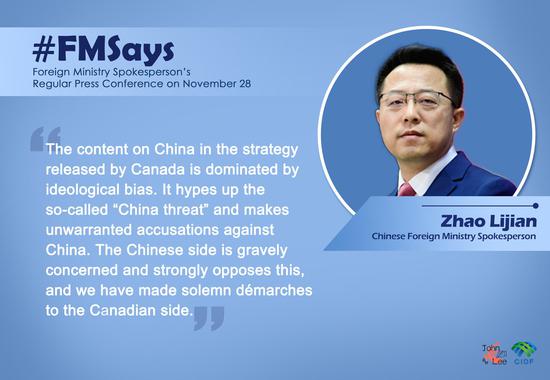
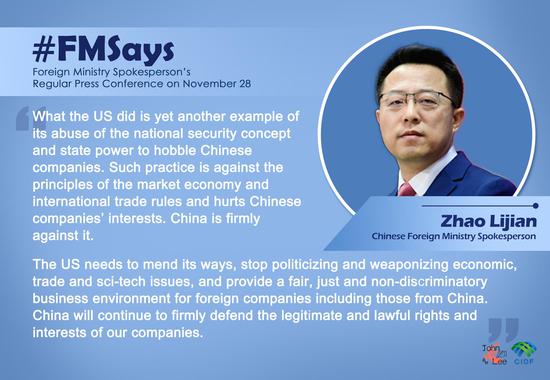
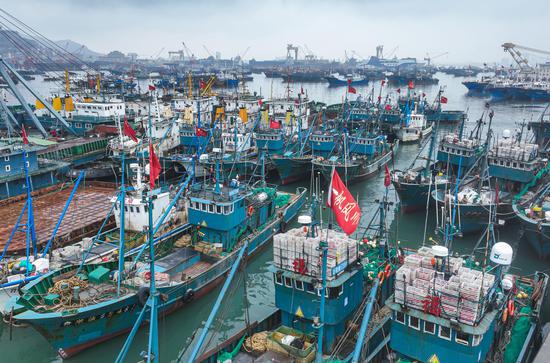
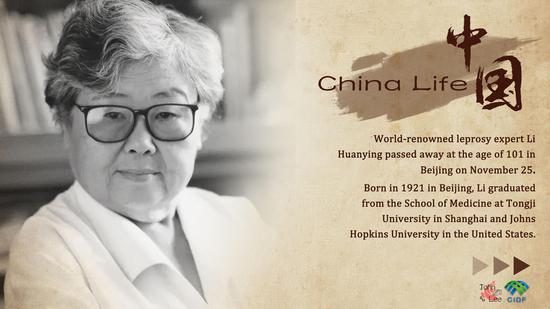
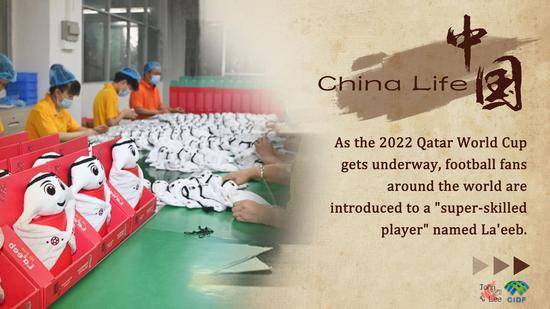
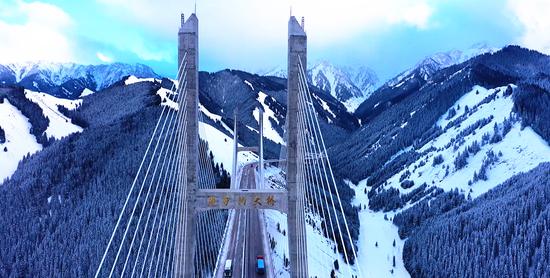


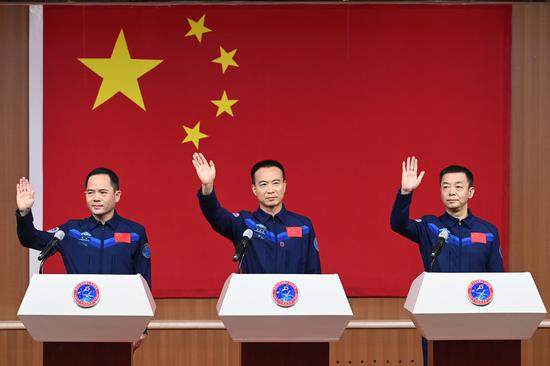
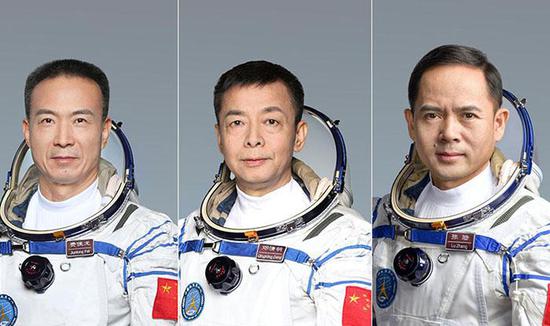
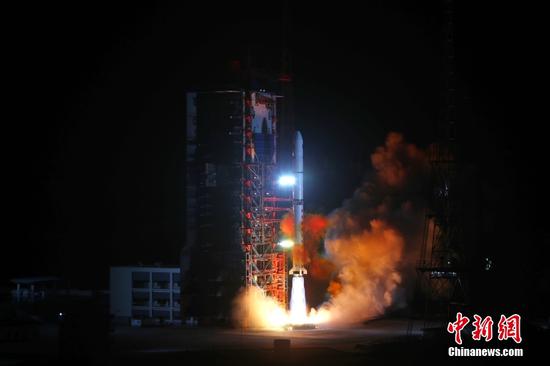
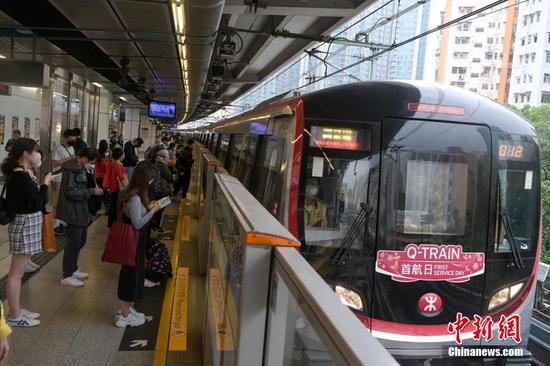
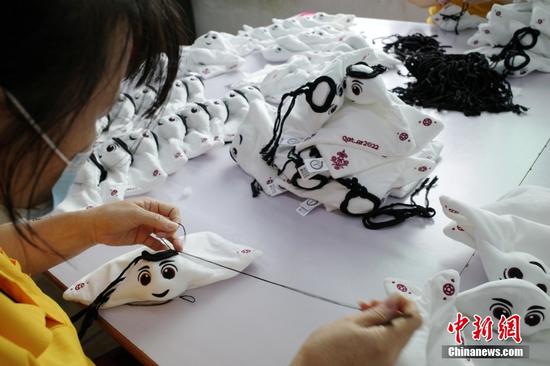
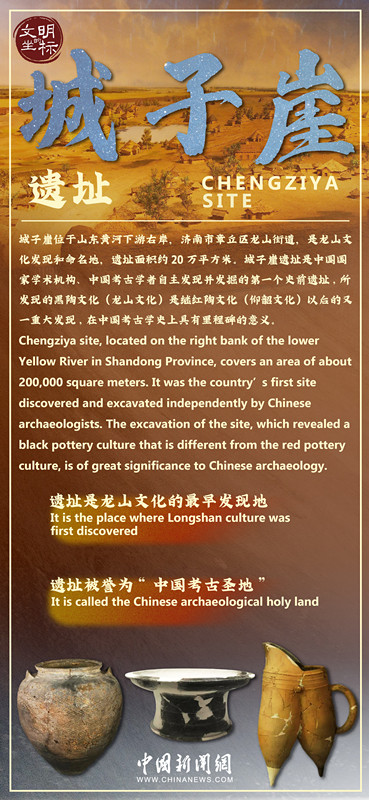
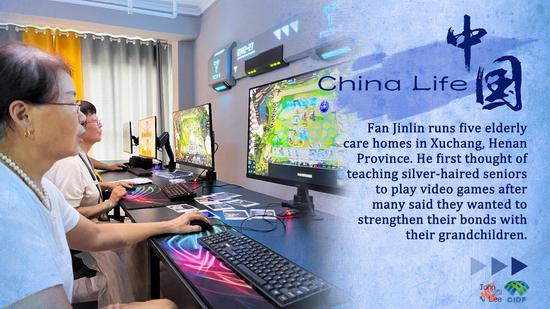
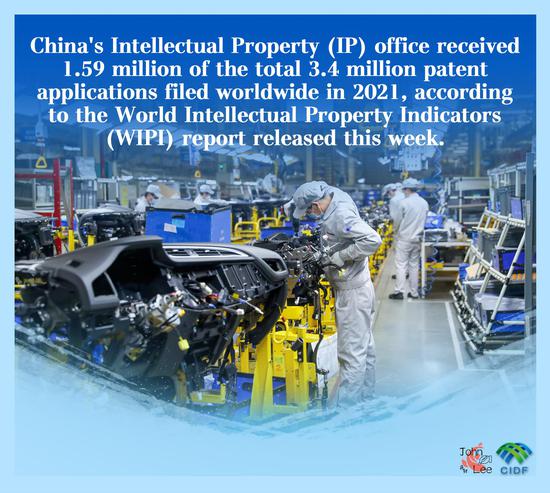
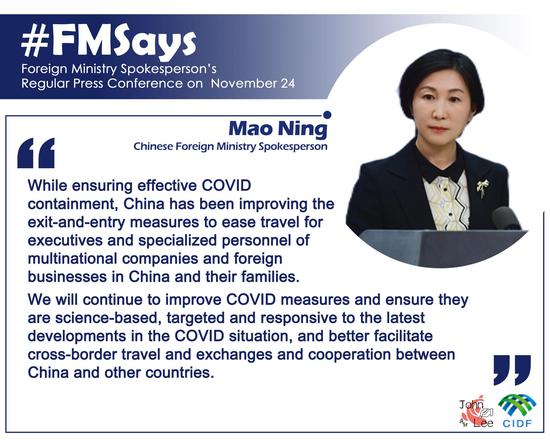
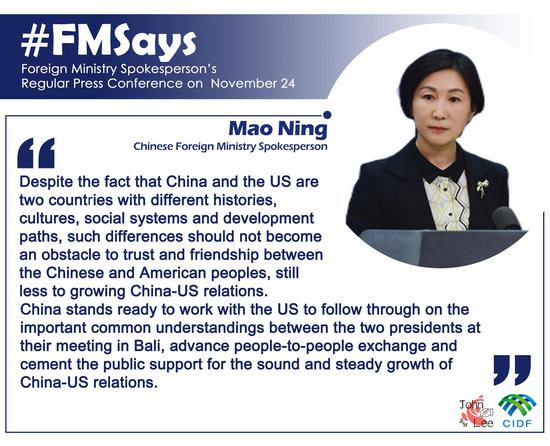





 京公网安备 11010202009201号
京公网安备 11010202009201号